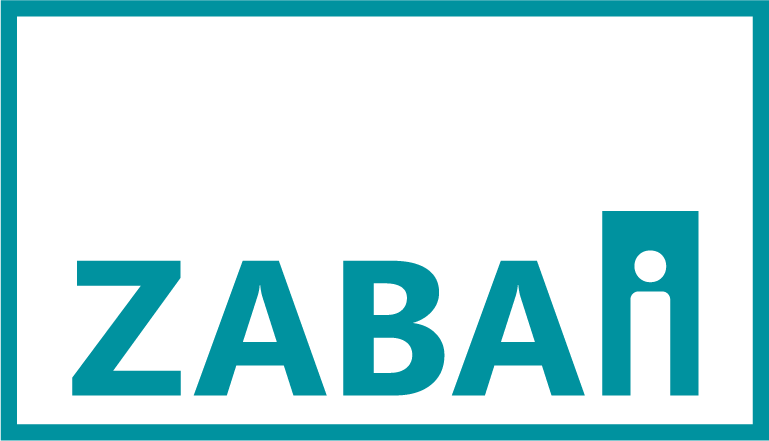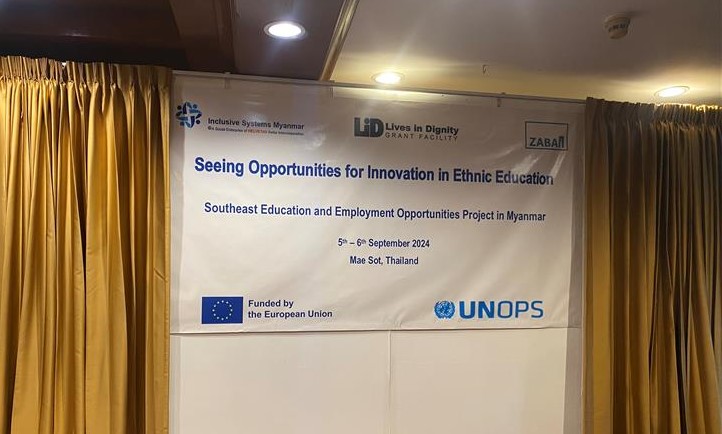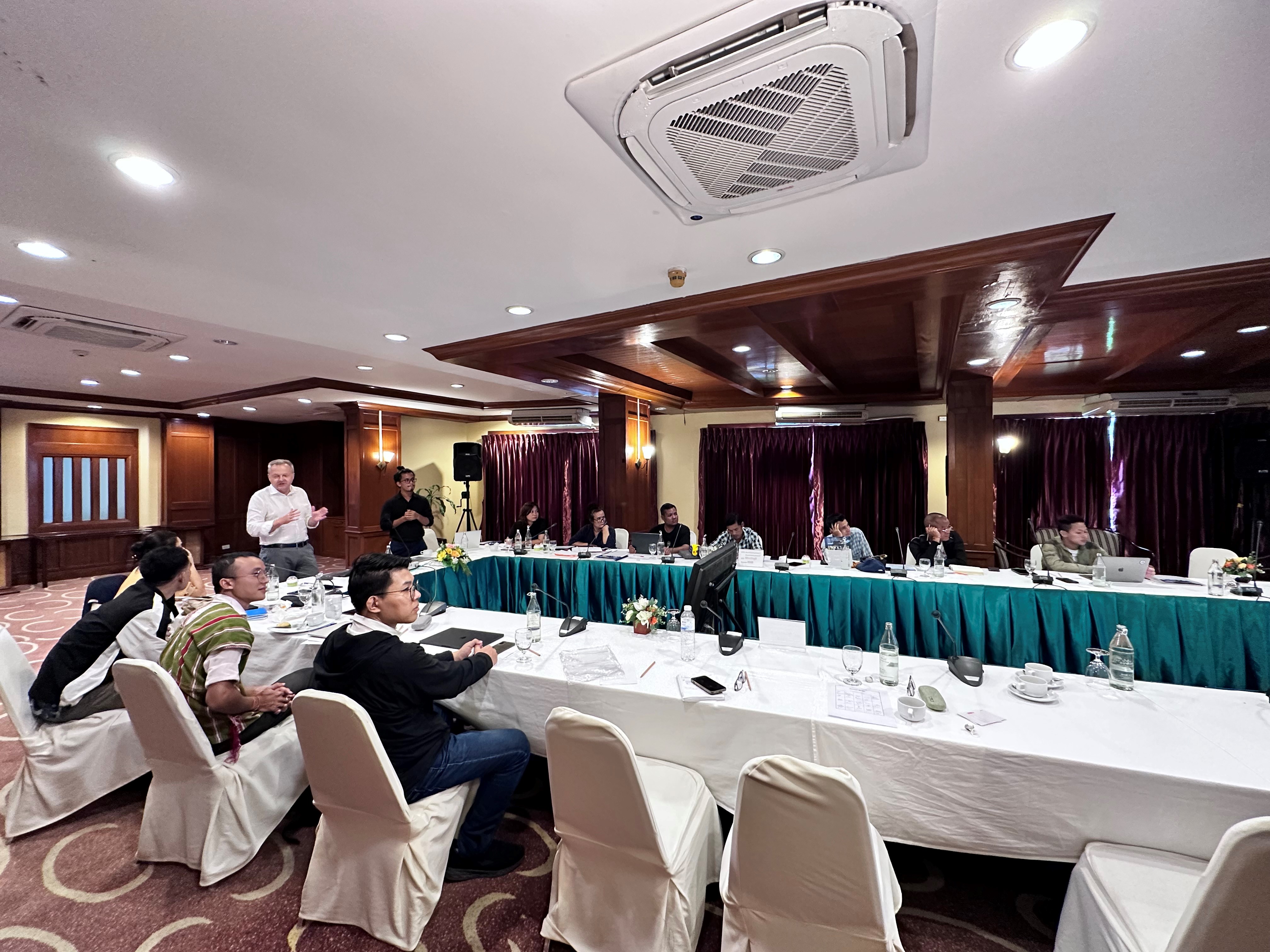Zabai’s Workshop Experience in Mae Sok, Thailand
In September 2024, Zabai took a significant step in its mission to enhance educational opportunities by participating in a workshop in Mae Sok, Thailand. This event brought together SEE Opportunities project partners and beneficiaries, providing a platform to address the unique needs and challenges faced by local communities in education.
Understanding Beneficiary Needs:
The workshop spanned one and a half days and participated by Ivar, Aung Swe and Aung Thura from Zabai. The primary objective was to gain insights into the beneficiaries’ experiences and the obstacles they encounter in the learning process. With education being a core focus of the SEE Opportunities project, Zabai aimed to explore innovative solutions that could transform traditional classrooms.
Innovative Solutions for Traditional Classrooms:
During the discussions, Zabai introduced concepts such as Learning Management Systems (LMS), tablets, standalone applications, and offline servers. These technologies represent a significant shift from the conventional educational methods that many beneficiaries have relied upon for years. However, the initial response was met with hesitation. Concerns regarding the feasibility of integrating technology in settings with limited electricity and internet access were prevalent. Zabai's team approached these concerns with empathy and a willingness to listen. By fostering open dialogue, we demonstrated our commitment to understanding the beneficiaries' perspectives. This collaborative approach led to the discovery of a blended learning model—a solution that marries traditional classroom settings with modern technological tools.
A Collaborative Path Forward:
As the workshop progressed, it became clear that the blended learning approach resonated with the participants. The combination of familiar teaching methods with innovative technology offered a pathway to enhance the educational experience while addressing the practical limitations they faced. The beneficiaries expressed a keen interest in testing this approach, marking a pivotal moment for Zabai and its collaborators. The engagement did not end with the workshop; it evolved into a productive partnership. Shortly thereafter, the beneficiaries requested Zabai to develop e-courses for Grade 1 and Grade 2 mathematics. This request is a testament to the trust and rapport built during the workshop, and it highlights the potential for further collaboration.
A Milestone for Zabai:
The successful connection with the beneficiaries represents a significant achievement for Zabai. By establishing direct lines of communication with those in the field, Zabai not only gained valuable insights but also identified a promising market for future educational innovations. The interest in e-courses is a clear indication that the integration of technology in education is not only desirable but also feasible.
Conclusion:
Zabai’s experience in Mae Sok underscores the importance of listening to the voices of beneficiaries when implementing educational solutions. By combining innovative technology with traditional teaching methods, Zabai is paving the way for a more inclusive and effective learning environment. As they move forward with developing e-courses, the organization is poised to make a lasting impact on the educational landscape, demonstrating that with collaboration and understanding, transformative change is possible.


